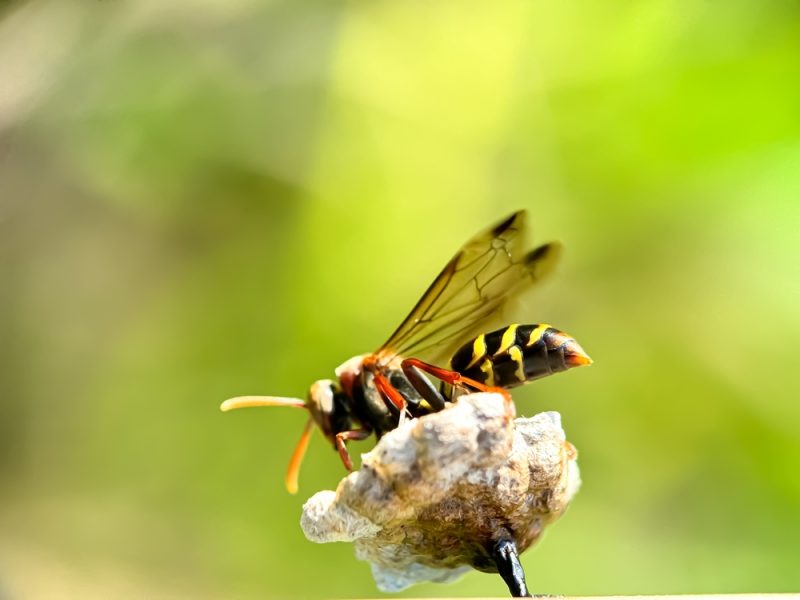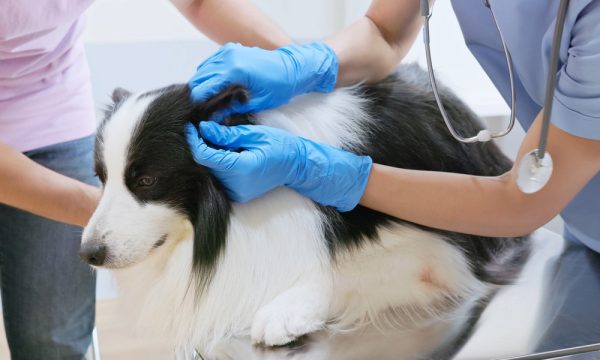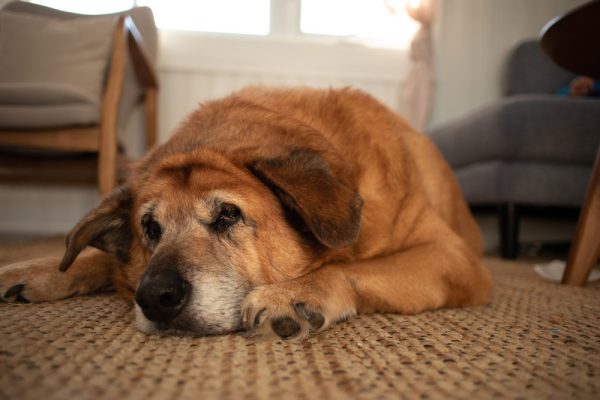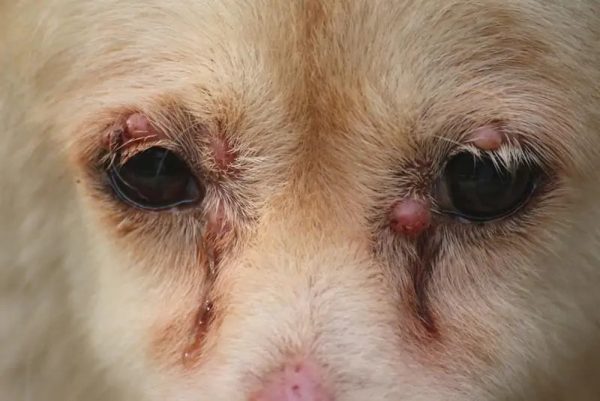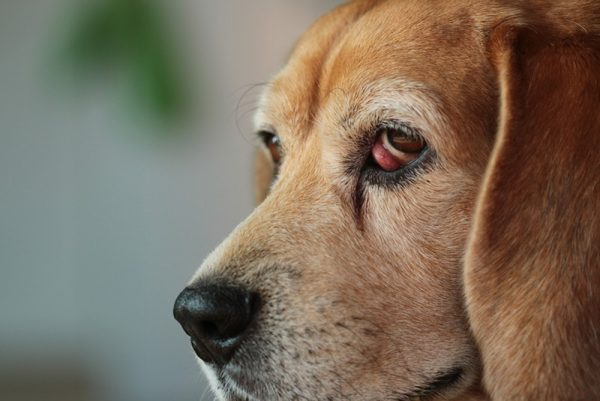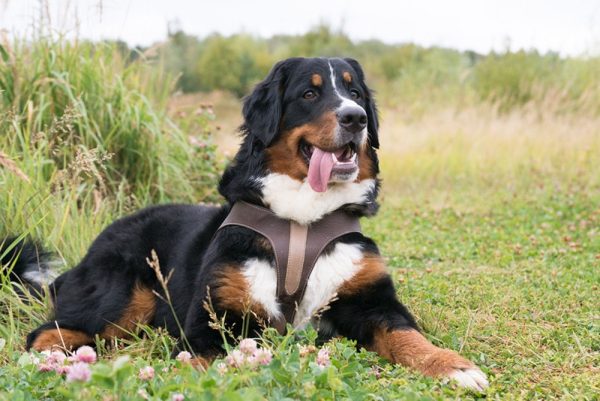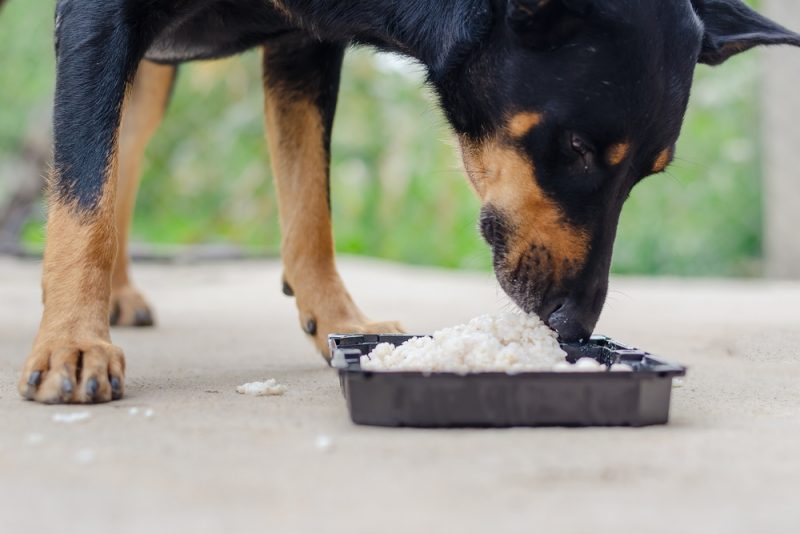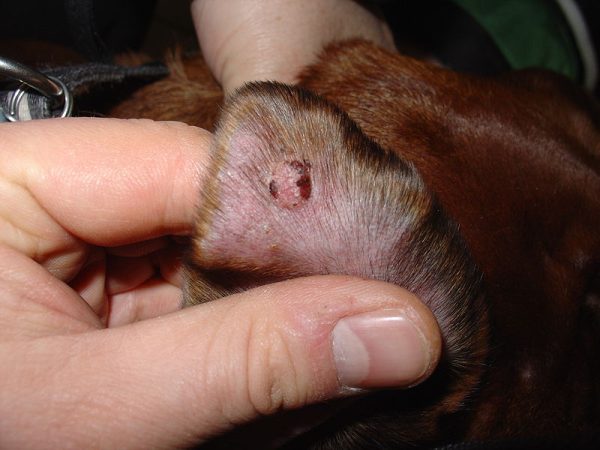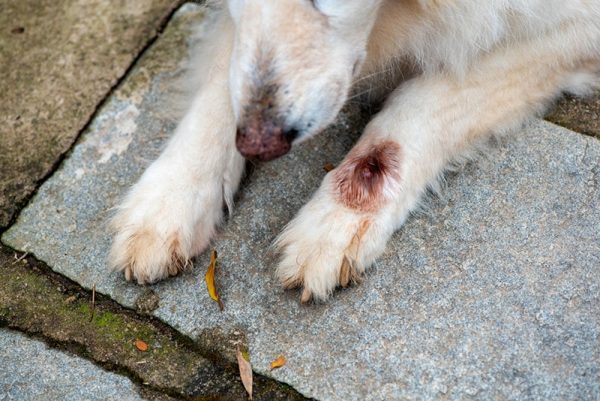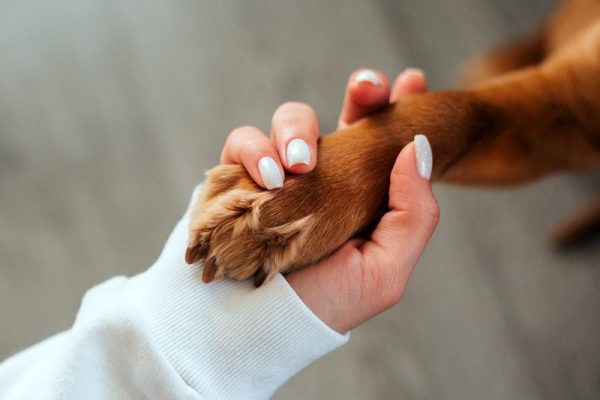Dr. Kim Podlecki
Author
About
A graduate of The Ohio State University College of Veterinary Medicine, Dr. Podlecki has more than 12 years of experience working with small animals in the US. Dr. Podlecki worked almost exclusively in specialty medicine and emergency for more than a decade before transitioning to relief in both general practice and ER. Dr. Podlecki also owns her own consulting company (renewvetconsulting.com) with the focus of helping veterinary hospitals prioritize their staff to promote a healthier internal culture.Archive
Who doesn’t love the massive amounts of chocolate, sugar, and other bad-for-you goodies found in every store. But what us veterinarians don’t love are the dogs who get into the candy stash. Even if you think you have all of...
All of us are likely aware of people who have serious allergies to bees and/or wasps and become worried that the same thing can happen to our dog. Oftentimes we notice our dogs lying in the sun, minding their own...
Getting a new puppy is always so exciting! You have this little bundle of fur just wanting to eat, sleep, and play with you. As a veterinarian, we often get asked how much food is appropriate to be feeding a...
There are some dogs who will get into and eat anything. I’ve met dogs who have swallowed socks, tinfoil, and even an entire stuffed animal. Even if your dog is not the type of dog who gets into things, sometimes...
Dogs’ ears can become swollen or puffy seemingly overnight. It may look like your dog’s ear has become filled with air, sometimes described as looking like a pillow. However, usually the swelling of your dog’s ear is not an air...
When you crawl into bed at night or leave to go out, should you leave a light on for your dog? Does your dog care if they are in the dark or would they prefer a lamp or two being...
Some dogs will eat anything that’s in front of them! Other dogs will seek out food they aren’t supposed to get – they will get onto the counter, pull out the trash, and/or eat random things off the sidewalk. But...
Hypothyroidism in dogs is a very common endocrine disease. Amongst our pets, this disease is most common in middle aged to older dogs, typically medium to large breeds. However, we can see it in any size and almost any age...
As dogs age, they may start to get lumps and bumps all over their body. You may even start to notice bumps on your dog’s eyelids and/or around the eye itself. There are many reasons why your dog may develop...
You may have heard the term “cherry eye” before but are unsure what it means. Does it hurt your dog? How can you treat it? When should you be concerned? Cherry eye can affect any breed, including your Beagle. Continue...
Histiocytosis is a rare condition that stems from normal cells, histiocytes, in the body. In Bernese Mountain Dogs, they can develop cancerous tumors called histiocytic sarcomas. Other times, Bernese Mountain Dogs will develop systemic (entire body) histiocytosis that is non-cancerous...
Nowadays, canine allergies are discussed widely across social media. Just like humans, dogs can be allergic to a whole host of things, food included. Typically, it is protein that triggers a food allergy, with the immune system treating the protein...
Dogs can get all sorts of “lumps and bumps” that grow on them. Some occur in younger dogs, while most develop notice as dogs age. Many growths that develop on your dog may be harmless and nothing to worry about,...
You may recognize the word Cuterebra, or maybe you have seen interesting videos of them online. But do you know what a Cuterebra is? What exactly are you looking at when you see a veterinarian pull these out of a...
Issues with your dog’s paw(s) can occur for a number of reasons. Dogs can suffer wounds, issues with their nails, or cause trauma by chewing on their feet. Continue reading for eight of the most common dog paw problems, what...

